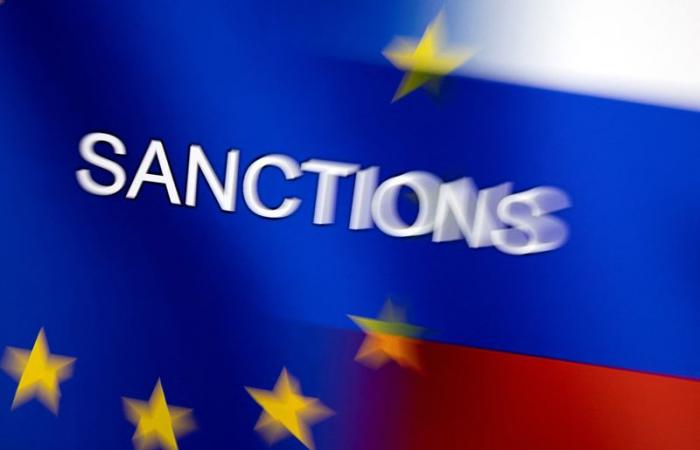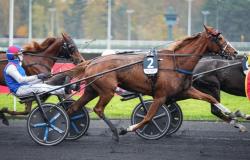The European Union has adopted a 15th set of sanctions against Russia following its invasion of Ukraine, including tougher measures against Chinese entities and more ships from Moscow's so-called “ghost fleet”, a declared the European Commission in a press release on Monday.
The new sanctions package adds 52 ships to the ghost fleet that attempts to circumvent Western restrictions to transport oil, weapons and grain. This brings the total number of vessels on the list to 79.
The EU began adding ships earlier this year in response to an increase in the number of vessels carrying cargo that is not regulated or insured by traditional Western suppliers. The list includes ships that delivered North Korean munitions to Russia.
The new restrictions affect 84 new people and entities, including seven Chinese.
“These are one person and two entities that facilitate the evasion of EU sanctions, and four entities that supply sensitive drone components and microelectronic components to the Russian army,” the statement said in referring to Chinese lists.
The Chinese additions will be the first full-fledged sanctions imposed on that country, which will include a travel ban and an assets freeze.
“The move to full-fledged sanctions sends an important signal to the Chinese. We take this very seriously,” said an EU diplomat.
EU sanctions chief David O'Sullivan and Ukrainian officials have indicated that China is the main route for foreign technology sales to Russia.
Diplomats said previous listings of Chinese in Russian sanctions packages concerned only export controls, rather than a comprehensive sanction.
Additionally, the list includes senior Russian energy executives, two senior North Korean officials as well as 20 Russian companies and entities in India, Iran, Serbia and the United Arab Emirates.
EU countries have added some financial measures to ease the burden on EU central securities depositories, such as Belgium's Euroclear, when dealing with the Russian central bank's fixed assets. Earlier this year, the Group of Seven (G7) decided to use the $300 billion in frozen funds to support a $50 billion loan to Ukraine to help it fight the forces Russians.
The Commission is preparing a 16th sanctions package for January, which could include broader measures such as a ban on Russian liquefied natural gas and export limits for subsidiaries of European companies in third countries, sources told Reuters. Reuters.






